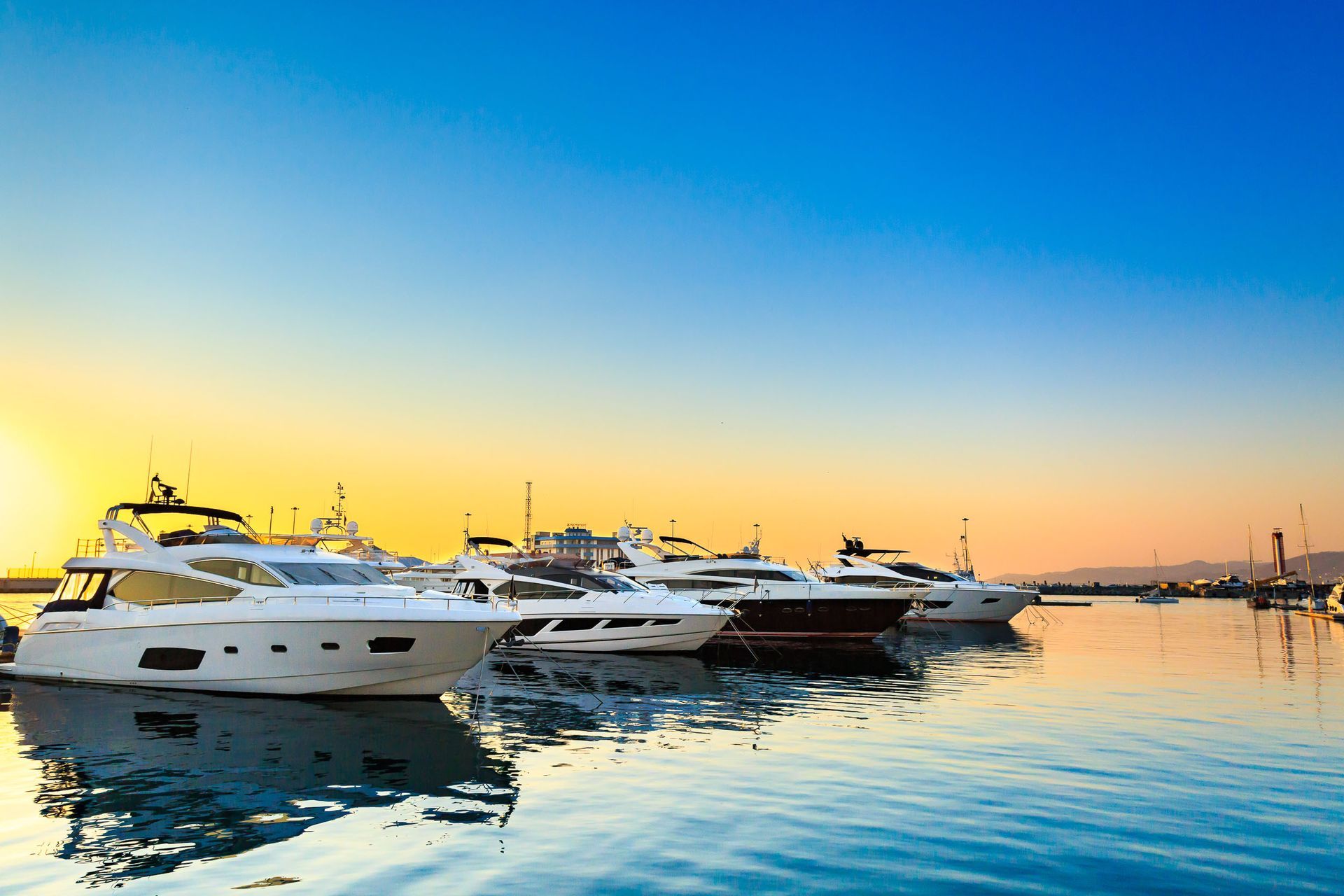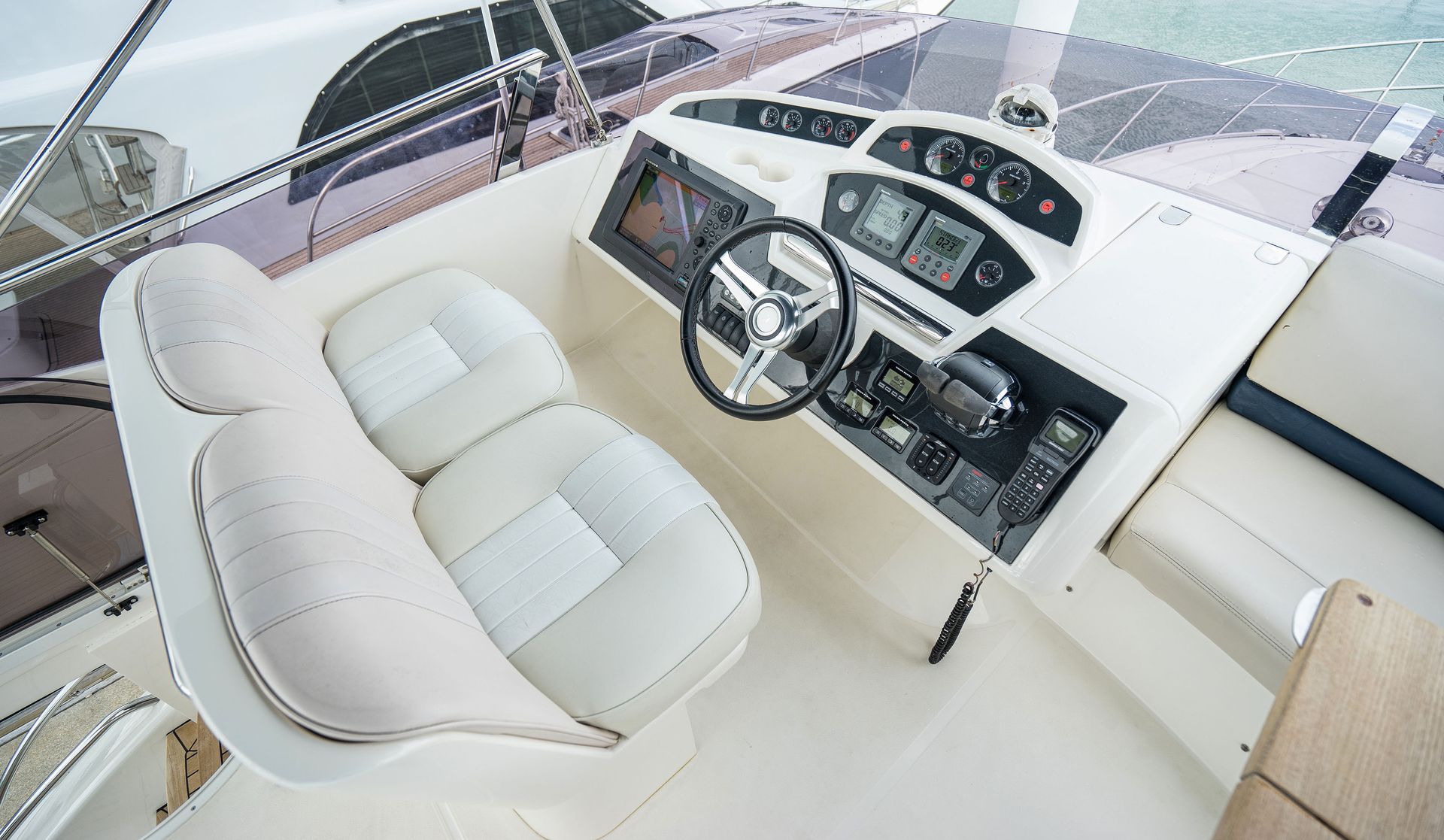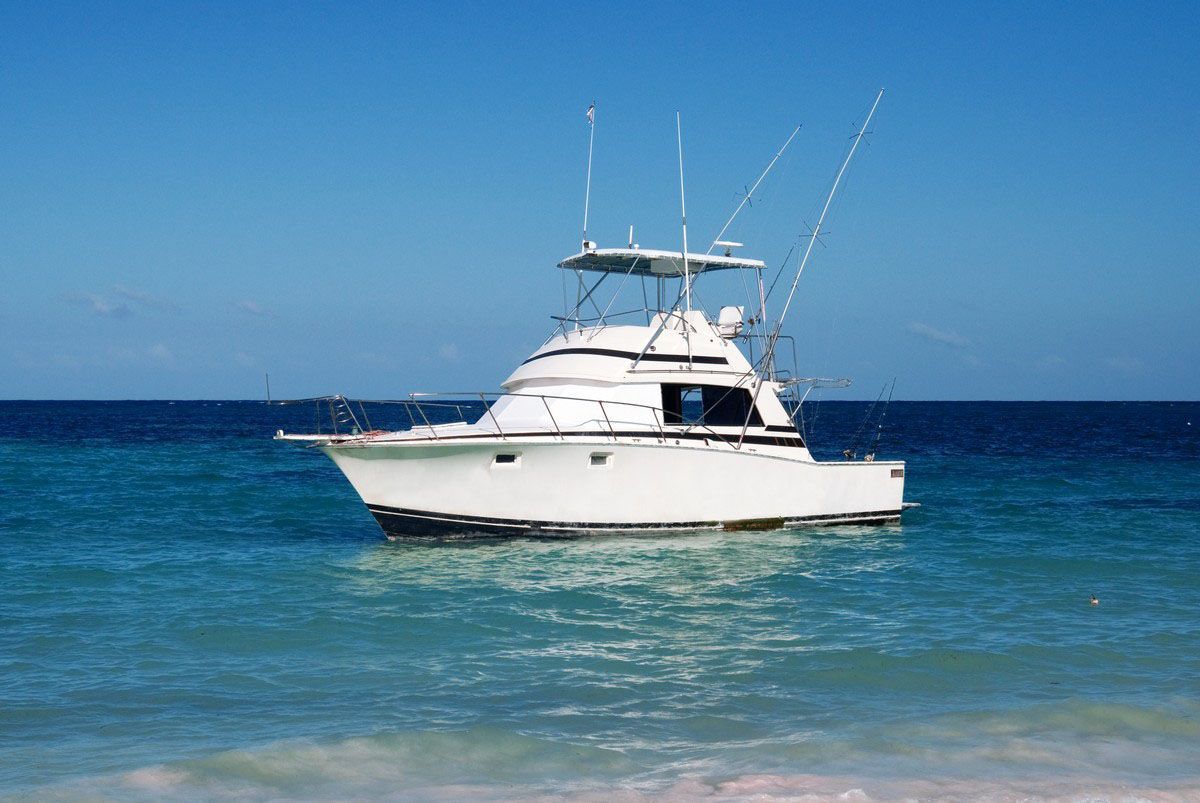Marine Air Conditioning 101: Some Key Things to Know
Setting sail on a balmy summer day is exhilarating, but beating the heat is crucial for comfort and safety. Marine air conditioning systems play an indispensable role in enhancing the maritime experience, making voyages in warmer climates far more enjoyable. Whether you're a seasoned mariner or a novice yacht owner, understanding the basics of marine air conditioning can vastly improve your vessel's onboard conditions.
Investing in Specially Designed Systems
Marine air conditioning systems are specifically designed to withstand the harsh maritime environment. They are built to be compact and rugged to fit the constrained spaces on boats. Essentially, they function by drawing heat and humidity from the cabin, cycling cooled air back throughout the vessel. Due to the corrosive salty environment, these systems often incorporate anti-corrosive materials and coatings to extend their lifespan and operational efficiency.
Choosing the Right System for Your Vessel
A pivotal factor when selecting a marine air conditioning unit is the size and type of your vessel. Smaller boats typically use self-contained or split gas systems, which are simpler and more space-efficient. Meanwhile, according to Mariner Exchange, chilled water AC systems are normally found on yachts or larger boats over 80 feet long. These systems are sophisticated and ideal for larger boats due to their capacity to cool multiple zones with a single system.
Powering Marine Air Conditioning Systems
Another critical aspect to consider is the power source. Marine air conditioners require a substantial amount of power; therefore, integrating them with the boat's power system is essential. Many systems are designed to run on the shore power connection when docked but rely on inverters or generators when at sea. Implementing an energy-efficient system can significantly lower fuel costs and reduce wear on the boat’s power sources.
Understanding the Importance of Proper Installation
Proper installation and maintenance are key to the long-term performance of your
marine air conditioning system. Ensuring the unit is correctly fitted and serviced regularly will prevent costly breakdowns and maintain optimal cooling efficiency.
Having an efficient marine air conditioning system is vital for any vessel venturing into warm climates. By acquainting yourself with the fundamentals of marine air conditioning, you ensure that every journey is as smooth and enjoyable as the last, no matter the external temperature. Contact Ocean Breeze Marine A/C today to learn more.





Share On: